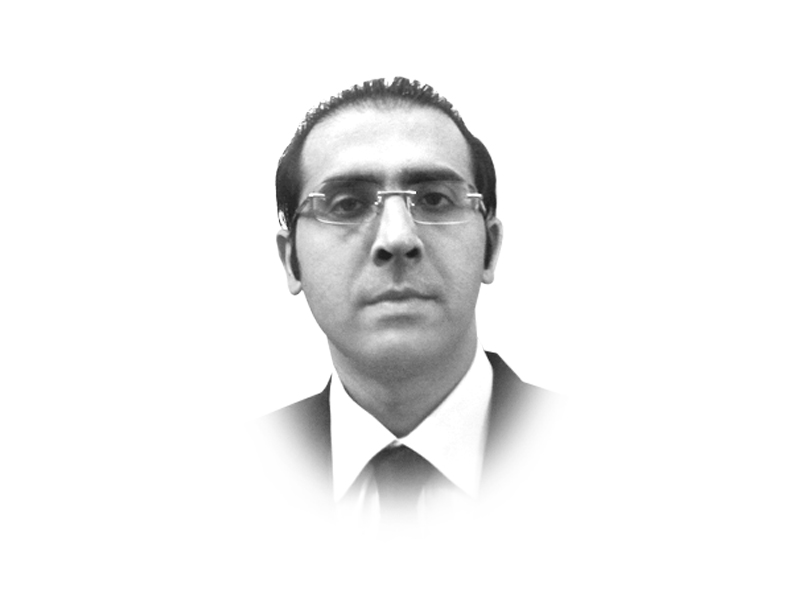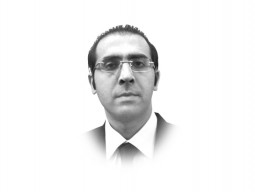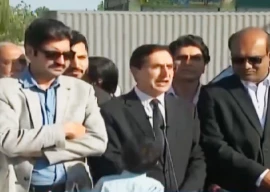
When the book Spycatcher written by a former MI5 officer about his experience and the working of the agency was banned by the British government and the ban upheld by the House of Lords, The Daily Mirror published upside down photographs of the three lords with the caption, “YOU FOOLS”. The British edition of The Economist ran a blank page with an explanatory note published saying, “In all but one country, our readers have on this page a review of Spycatcher, a book by an ex-M.I.5 man, Peter Wright. The exception is Britain, where the book, and comment on it, have been banned. For our 420,000 readers there, this page is blank — and the law is an ass.”
The ban was subsequently lifted, however, not before making a rather ordinary book an international bestseller. We gravitate towards the prohibited. The Spycatcher episode is instructive to revisit in our circumstances. The Law Lords did not see any visible decrease in authority after The Mirror’s careless use of adjective. The moral fabric of English society and institutional harmony were not destroyed by the publication of the book. Free expression, freedom of the press and the law of contempt in Pakistan are right where they ought to be; in the centre of things.
The contempt notice against Mr Imran Khan has been withdrawn. Congratulations to Mr Khan for not backing down. Keeping that aside today, has the dignity of the Court now been restored? Like the Spycatcher episode, where it was not the book itself but the ban that became the real story, was the use of the word sharamnaak more damaging to the moral authority of the Court or the subsequent insistence on receiving an apology? To begin some fights is to admit defeat already. Time for some introspection My Lords, perhaps recourse to the wise words of Lord Denning who said, “Let me say at once that we will never use this jurisdiction as a means to uphold our own dignity. That must rest on surer foundations.”
The suo-motu notice of airing the video of the terrorist attack on Ziarat residency is in the same vein, and is in vain. To act as paternal guardians in the times of YouTube (via proxy, albeit) is a losing battle to begin with. More people would now watch the video, not less. More significantly, it changes the focus; now it seems airing that video of the attack is the issue and not the attack itself. Like concealing Hamoodur Rehman’s Commission Report, like Musharraf’s comment about washing dirty linen in the Mukhtaran Mai’s case, the same delusion that preventing disobliging information from coming out will make the problem go away.
Revolutions eat their own children and sometimes, the children devour the revolution. Last week, hearing the speakers at the Lahore High Court Bar Association (LHCBA) gave one a vertiginous feeling. Eminent lawyers from all sides of the political divide and from all over the country, along with media personnel, spoke in a singular, eloquent and sometimes fiery tone. That has happened before in this very building, a few years ago, the voice was uniform then as well. Just the adversary has changed; roles directly inversed. Musharraf ignored this voice as well. To become deaf is to be condemned. Either everyone who supported the movement, parties who lost workers, lawyers who went to prison, media personnel who had television channels blocked, has now become malicious or else the fault lies on the other side. All those who spoke at the LHCBA have a legitimate stake in a vibrant and independent judiciary; anyone who chooses to ignore them does so at his own peril and by shutting eyes to the dialectics of history.
Power has a language of its own. That language that does not allow dissent and hence it makes it all the more necessary to dissent. Perception of populist support is a fickle indicator; confidantes have the uncanny knack of transforming into ‘approvers’. To lose the ability to listen is also to become inarticulate and mute. As the tone gets angrier and pitch rises, the content inevitably becomes hollow, judgments become cryptic. ‘Shameful’ was not nearly sure enough footing; time to write serious judgments, articulating jurisprudence and leaving the political affairs to those to whom they belong.
Published in The Express Tribune, August 29th, 2013.
Like Opinion & Editorial on Facebook, follow @ETOpEd on Twitter to receive all updates on all our daily pieces.
COMMENTS (6)
Comments are moderated and generally will be posted if they are on-topic and not abusive.
For more information, please see our Comments FAQ


















1713281138-0/US-Treasury-Secretary-Janet-Yellen-(2)1713281138-0-270x192.webp)

























Great
Where did my comment go.............it was absolutely harmelss. Let me try again in brief : Sir you have a way with words and the point and advice you give is worthy. On the IK issue you claim that he held his ground but according to press reports he said he called the returning officers shameless and not the judiciary. This I think was deft legal footwork and letting my imagination srtay, it brought to mind the classic tap dance done by the lawyer Richard Gere in the musical Chicago, that ended with the result he desired. I would say it was a combination of the maturity shown by both parties to put to rest an issue that was really a non-issue
Brilliant writing
Beautifully written Saroop, as always many thanks
Wonderful arguments-kudos. Is there any difference left between Arab society just before the dawn of Islam and ruling elites of Pakistan today I'm afraid there is hardly any.And why only ruling elite other pillars of society presents no different picture.When hypocrites take charge of society truth is the first casualty.When a hypocrite speaks truth nobody believes it.Who believes Pakistan today?.No blame on general public which is like a pet ready to follow one who has the rope.God bless Pakistan.
Your hero ZAB concealed the Hamoodur Rehman Commission Report.